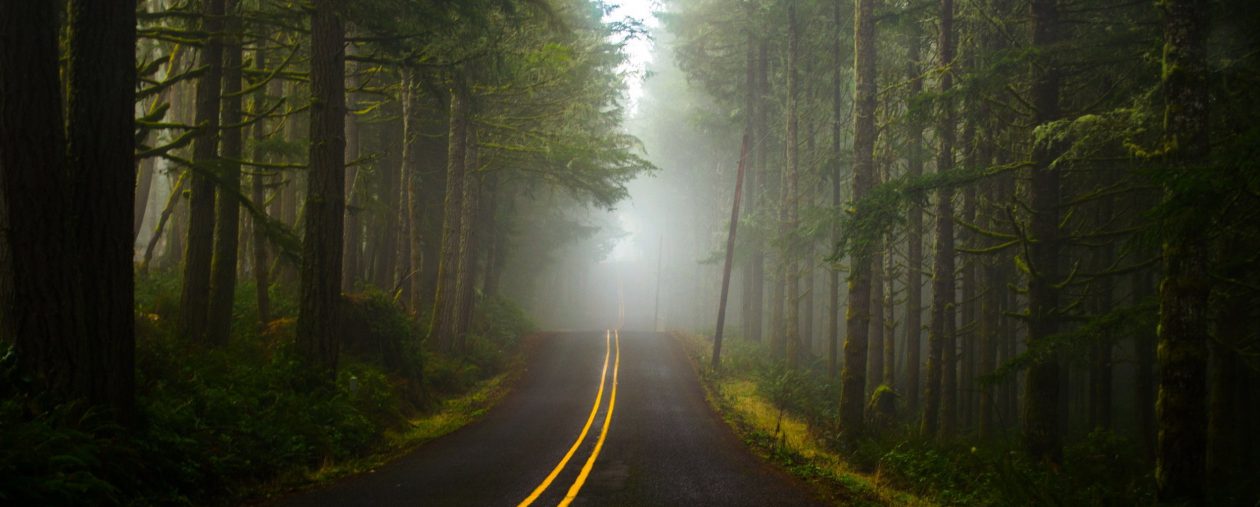
Recently I drove to Burns, Oregon, a place many people are now familiar with, due to the recent stand-off between activists and the FBI at the Malheur National Wildlife Refuge. Assuming that anyone reading this is in the know, and were attracted by the “Harney County” in the title, let me share some brief thoughts…
I drove the 7 hours to Burns because my friend Mike (Tenth Amendment Center) was speaking there. When the Hammonds were arrested, again, and the Refuge was first occupied, friends of the Hammonds and other members of the community, wondered what the right answers were to this conflict, what their rights were, and what they could potentially do about federal encroachment. Many of them felt at a loss. So, someone began doing their research and found KrisAnne Hall, (who is a feisty ball of constitutional terrific-ness). She was the first in an ongoing string of speakers and teachers, which, has also included the The Center for Self Governance and last Monday, Mike Maharrey.
We all watched the media paint the folks in the refuge as a bunch of crazed militants. I generally have my doubts about the integrity of the media at large, and this was no exception. I was looking forward to talking to some locals for myself, and hearing their take on the whole situation. A friend made a good point earlier this week, when he reminded me that we, as a society, have gotten further and further away from our agrarian roots, and therefore it’s hard for a lot of people to relate to some ranchers “out west.” It makes sense. I grew up riding my grandmother’s horses, and I love the smell of hay and earth. My great grandparents had cattle that we moo-ed at while swinging on the gate. I think of ranchers as the salt of the earth. I know a lot of people never had those experiences in the first place, and I can feel even my own disconnection now.
I liked the people I met in Burns. People told us that they had visited the refuge when everything started. They hung out with the occupiers and never felt threatened by them. Of course that isn’t to say that every person in town agreed with what they were doing – or how they went about it. People told us stories, like how Harney County used to have a thriving GDP, back when the sawmills were still open and the country ranches thrived, and that whether or not you agree with the way this group brought attention to the situation, the truth is, that these ranchers have been being bought out and pushed off their lands for years. The Bureau of Land Management still owns 3 million acres in Harney County alone, 62% of county land. Constitutionally speaking, most of this land should have been disposed of (sold or given to Oregonians) by the Federal Government, when Oregon became a state, as they are only supposed to hold lands for enumerated purposes.
My biggest take away was really just a reminder, that we need to do our research on why things are happening, and not just absorb the mainstream narrative. On all issues. Also, we have to find good ways to communicate that. I know I’ve shared background links on Facebook, though perhaps not many people read them. It’s also true, there is vitriol from some who agree with the occupiers and some who don’t. Let’s face it, every group has some kooks and hotheads. My disappointment is that the entire narrative here revolved around the occupiers being armed. I don’t condemn the occupiers, as they were within their rights to be armed. I’m a 2nd amendment proponent. I get why they were. I just find it unfortunate that it stopped a bunch of people from relating to them, and really understanding what they were fighting for. Of course, I guess you could argue that that’s the issue which really got the media’s attention ( it figures), and is actually the reason this conversation has gained traction.
Mike encouraged the Harney County folks to tell their individual stories. I hope they, and many others, choose to do so.
You can read Mike’s terrific and much more informative blog post here; Refusal to Cooperate: The Moderate Middle Ground Between Revolution and Unlimited Submission.
